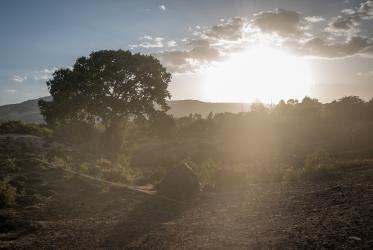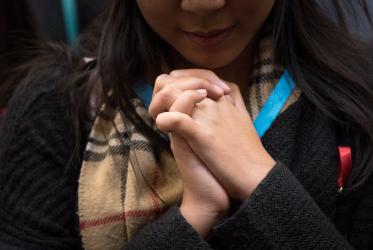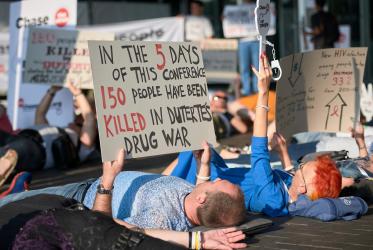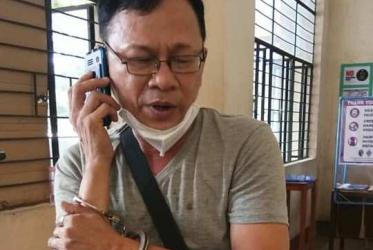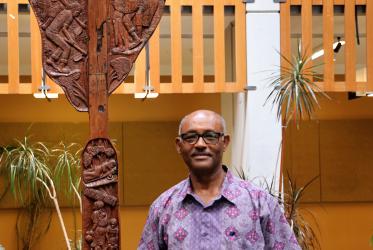Displaying 21 - 40 of 67
WCC sends letters of concern over violence and conflict in Ethiopia
04 February 2021
WCC urges “return to dialogue rather than conflict” in Ethiopia
13 November 2020
WCC condemns recent extremist attacks around the world
03 November 2020
Former WCC executive finds joy working for peace in Ethiopia
06 August 2019
WCC condemns massacre of farmers in Philippines
12 April 2019
All pilgrim routes lead to COP24
11 December 2018
#WCC70: A prayer about health and healing
20 July 2018
